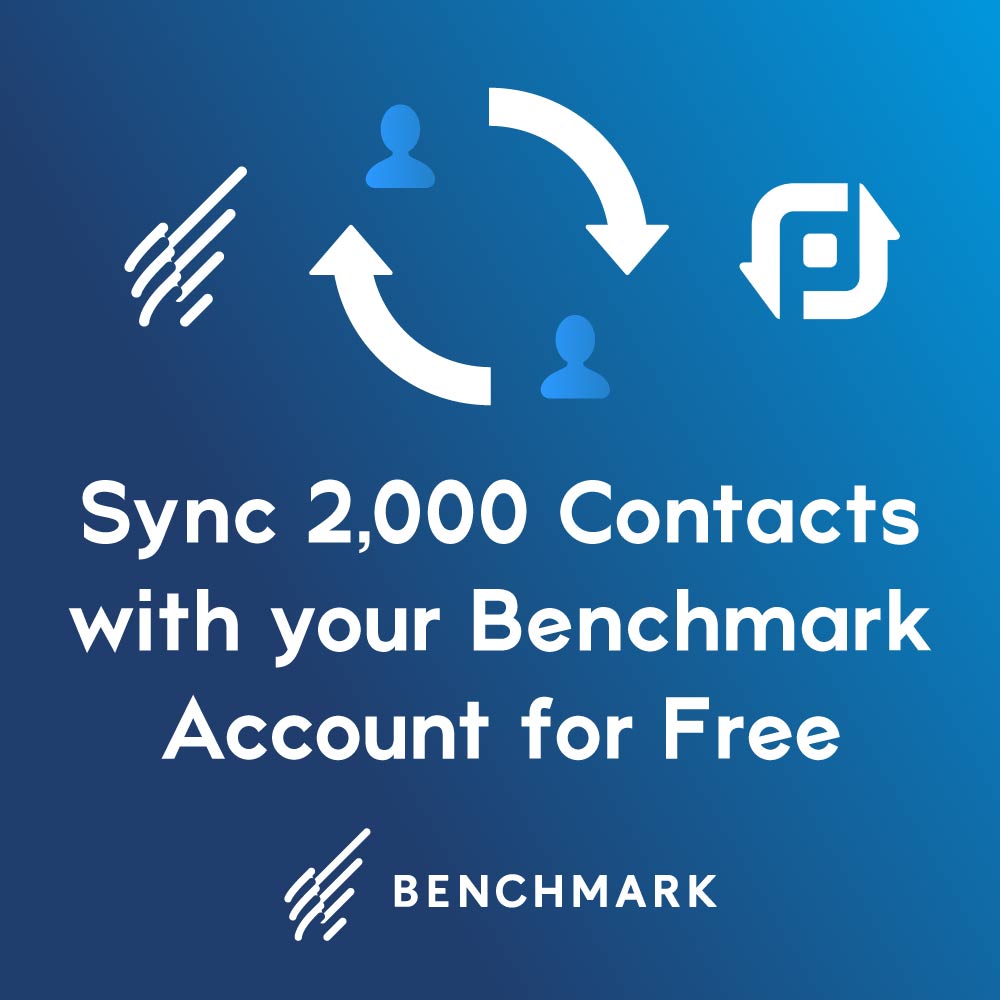Congressmen Ed Markey and Joe Barton, co-chairs of the House Privacy Caucus, are showing no favoritism when it comes to checking companies about their online privacy policies. The duo behind the Do Not Track Kids bill wants to make sure companies are on the up and up in their marketing practices, and has already inquired within some pretty big names to get their point across. Communications giant Verizon appears to be one of its latest targets.
On September 26, Verizon sent out an email letting its customers know that it was introducing a new program that utilizes their personal information to deliver targeted advertisements. The program will give advertisers access to a wealth of data, including details about the websites the consumer visits, the areas in which they use their cell phones, interests and a variety of demographic information. Although it will not provide any personally identifiable information or details on where the consumer lives, it does plan to leverage location data to make ads more relevant, and this is the variable that has the political twosome concerned.
The team of Markey and Barton recently sent a letter to both Verizon and Verizon Wireless to learn more about the new program. According to a press release, they are looking for clarification on the following issues:
The specific benefits Verizon expects to gain from the program.
The reason it is requiring users to opt out of the program opposed to getting them to opt-in first.Whether or not it intends to share location data with third-party companies. How it will ensure that personally identifiable information is not shared with advertisers and other parties.
Verizon Seeing Dollar Signs
Congressman Ed Markey, who is a democratic representative from the state of Massachusetts, is concerned that Verizon’s new advertising initiative could put sensitive consumer data in the hands of third-parties. The use of location data is certainly a controversial subject, and seeing that the ad program utilizes the same technology at the center of all the controversy, it is not all that surprising to learn that it is causing a bit of a stir in Congress. Concern of the bipartisan pair aside, Verizon looks to be on to something good with this program, something that could ignite a new trend in the world of mobile advertising.
The new ad product could be of great benefit to the marketer with a strong local focus. By utilizing the consumer’s address, it is able to determine if they live in an area the local business owner is trying to reach. If so, the consumer will receive the advertiser’s content with the possibility of it being more individually relevant. The big takeaway for marketers is the opportunity for more precise email segmentation to craft special offers, promotions and discounts for Verizon users in their area.
For instance, an upscale restaurant could use the Verizon advertising program to specifically target consumers in affluent areas who are more likely to eat at their establishment. Likewise, a local store looking to cater to consumers in a lower tax bracket could use it to target those in areas that are statistically known to have a lower income. Even brands with a national focus can tap into its location-based functionality to target people in the areas they service. With possibilities such as these up for grabs, Verizon can make out quite nicely by charging advertisers a pretty penny to sign up for the program.
No word yet on how Verizon responded to the inquiry from Markey and Barton, but something tells us that it will not be the last to be questioned by the ambitious congressional tandem. It will certainly be interesting to see who and what they look into next.




